Job Interview Reflection using Gibbs’s Reflective Model
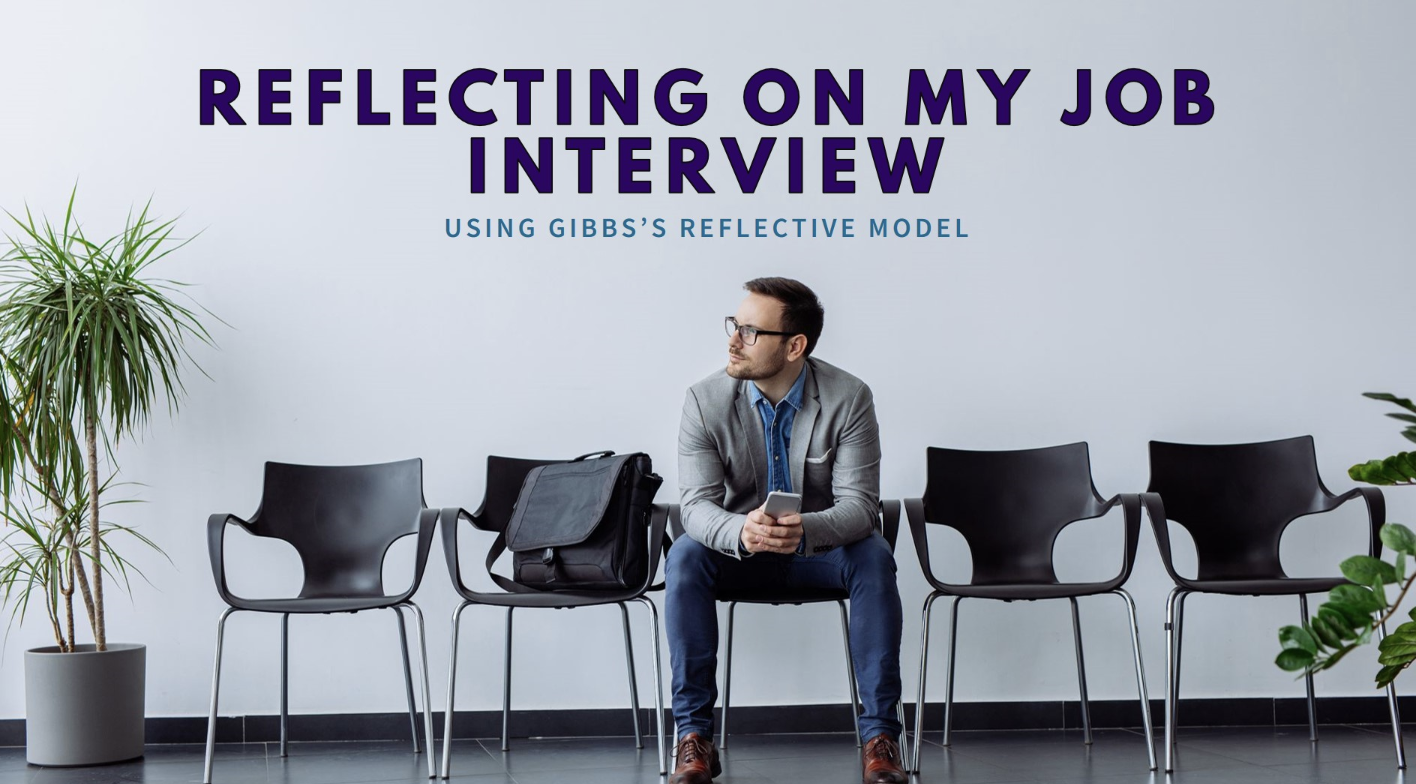
Gibbs’s Reflective Model is a structured framework for reflection that encourages learning from experiences. Developed by Graham Gibbs in 1988, the model provides a systematic approach to examining experiences, particularly in professional development and education. It consists of six stages:
Description: Focuses on objectively describing what happened during the experience without adding interpretations or judgments.
Feelings: Reflects on the emotions and thoughts experienced during the event, both at the time and afterward.
Evaluation: Analyzes what was good and bad about the experience, identifying what went well and what did not.
Analysis: Digs deeper into understanding why things happened the way they did, using knowledge, theories, or past experiences to explain outcomes.
Conclusion: Summarizes the key learnings and explores what could have been done differently to improve the outcome.
Action Plan: Develops a strategy for dealing with similar situations in the future, applying the insights gained from the reflection.
Gibbs’s Reflective Model helps individuals gain deeper insights into their actions and decisions, ultimately fostering personal and professional growth.
Using Gibbs’s Reflective Model for Improving Your Job Interviews
Here’s a step-by-step application of the model to reflect on the interview experience:
1. Description
What happened?
Start by recounting the details of the interview objectively:
Who was involved in the interview? (e.g., HR manager, department head)
Where did it take place? (e.g., in-person at the company’s office or via Zoom)
What were the key questions asked?
How long did the interview last?
Were there any specific moments that stood out, such as a difficult question or a technical test?
2. Feelings
What were you thinking and feeling?
Reflect on your emotions before, during, and after the interview:
Were you nervous, confident, or calm going in?
How did you feel while answering the questions? (e.g., anxious, self-assured, hesitant)
Were there moments you felt you performed well or poorly?
How did you feel when you found out you were not selected? (e.g., disappointed, frustrated, relieved)
3. Evaluation
What was good and bad about the experience?
Assess the interview objectively by identifying what went well and what didn’t:
Good: Did you handle certain questions well? Did you manage to establish a good rapport with the interviewers? Were you able to highlight your relevant skills and experience effectively?
Bad: Were there questions you struggled to answer? Did you feel underprepared for specific topics? Did you notice any negative body language or reactions from the interviewers?
4. Analysis
What sense can you make of the situation?
Analyze why things happened the way they did, drawing from specific examples:
Why did you feel unprepared for certain questions? (e.g., lack of research, nerves, unclear understanding of the role)
What led to the positive aspects? (e.g., strong knowledge of the industry, effective communication skills)
Were there any cues or feedback from the interviewer that suggested areas of weakness?
Did your answers align with the company’s values, culture, or specific needs for the role?
5. Conclusion
What else could you have done?
Reflect on alternative approaches and strategies:
Could you have prepared better by researching more about the company and its culture?
Could you have practiced answering potential interview questions more thoroughly?
Could you have asked more insightful questions to the interviewers to better understand their expectations?
Was there a way to better manage your nerves or build a stronger connection with the interviewers?
6. Action Plan
If it arose again, what would you do?
Develop a concrete plan for future interviews:
Set aside more time for company and role-specific research to tailor your responses better.
Practice common and challenging interview questions, perhaps with a mentor or friend, to build confidence.
Work on body language and non-verbal cues to appear more engaged and confident.
Plan a set of questions to ask interviewers that demonstrate your interest in the role and understanding of the company.
Consider seeking feedback from the interviewer (if possible) to gain more direct insights into what can be improved.
Final Thoughts
Reflecting on a job interview where you did not get selected using Gibbs’s Reflective Model can help identify specific areas for improvement and develop strategies to perform better in future opportunities. This method encourages a deep dive into both emotional and factual aspects of the experience, ultimately helping you grow and refine your interview skills.
In the age of AI-generated content, your LinkedIn posts can either elevate your hospitality career—or dilute your professional brand. This article explores how to use tools like ChatGPT wisely, the impact of your online presence on recruiters, and simple DOs and DON’Ts for posting with purpose. Whether you’re job hunting or building your professional voice, learn how to create meaningful content that truly reflects who you are in the world of hospitality.
What skills do hotels really want in 2025? According to the latest Tourism & Hospitality Skill Council report, employers across hotels, resorts, and cruise lines are prioritizing communication, problem-solving, adaptive learning, and critical thinking.
Are you at a career crossroads? Whether you’ve had a successful year or are feeling stuck, it’s a common dilemma: should you stay in your current role, or is it time to move on? In this article, we break down key indicators to help you make an informed decision about your next career move. From salary assessments to personal satisfaction, we provide clear advice on when to stay, when to explore new opportunities, and how to align your choices with long-term growth. Don’t let uncertainty hold you back—discover the signs that show you when it’s time to take the next step in your hospitality career.
Rohan Mehta was a front office associate in Jaipur, great at his job but hungry to grow. One evening, his GM told him: “No one will teach you everything. If you want to grow, learn on your own.”
That night, instead of scrolling reels, Rohan searched: Why do hotels struggle with low weekday occupancy? He spent just 15 minutes a day learning—and six months later, his ideas got him noticed.👉 The best hospitality professionals don’t wait for training—they take charge of their own learning. What’s one skill you’re building?
Unlock your full potential with the T-Shape Method, a powerful approach to career growth that combines deep expertise with broad, adaptable skills. In today’s fast-changing world, being highly skilled in one area isn’t enough—you also need the ability to collaborate across disciplines, think creatively, and adapt to new challenges. By developing a strong core specialization (the vertical stroke of the “T”) while expanding your knowledge and skills across different areas (the horizontal stroke), you become more versatile, valuable, and fulfilled in your work. This balance leads to greater job satisfaction, career flexibility, and long-term success.
Whether you’re looking to lead, innovate, or simply find more joy in your work, stacking your skills strategically is the key. Start by identifying your deep area of expertise, then explore complementary skills that allow you to work across teams, industries, or functions. The more you expand your ability to connect ideas, people, and knowledge, the more opportunities will open up. Ready to take action?
Want to get noticed and grow faster in hospitality? Learn how transferring your enthusiasm can be your game-changing skill. From interviews to guest service to team leadership, bringing energy and excitement can set you apart. The article shares 5 practical ways to do this today and a simple action step to start now. Ready to stand out?
In a world where job titles and resumes can look the same, your unique experiences, insights, and personality are your greatest assets. Whether it’s how you solve problems, lead teams, or create unforgettable guest experiences, no one else can bring exactly what you do to the table. The key to career success isn’t just having these qualities—it’s knowing how to showcase them. Learn how to highlight your uniqueness in your resume, LinkedIn, and interviews to stand out and land your next big opportunity.
Job searching can feel overwhelming—sending out countless applications, waiting for responses, and wondering if you’re doing it right. But what if there was a proven strategy to make your search more focused, effective, and stress-free? Enter the MECE Framework—a consultant’s secret weapon for problem-solving, now tailored for job seekers. In this article, we break down how MECE can help you organize your search, optimize your applications, and land the right job faster and smarter. 🚀
Mistakes happen — even to the best of us. In hospitality, where every detail counts, a misstep can feel overwhelming. But here’s the truth: your mistake doesn’t define you; how you respond does. Owning it, apologizing sincerely, fixing what you can, and learning from it are powerful steps that not only restore trust but help you grow into a stronger professional. The next time you stumble, remember — you’ve got this.
As the lines between personal and professional identities blur on social media, Instagram Reels are becoming a window into candidates’ creativity, communication skills, and industry expertise. For HR professionals, the key is balance—leveraging this tool to identify talent while respecting boundaries.
Focus on Reels that highlight skills relevant to the role, such as a mixologist showcasing signature cocktails or a sales manager presenting innovative strategies. However, always ensure social media screening aligns with legal standards and avoids unconscious bias. Remember, while Instagram can offer valuable insights, it’s just one piece of the recruitment puzzle.
Improving your smile might sound trivial, but it’s a skill that can be cultivated. Here’s how >
In our careers, we often turn to mentors or industry experts for guidance, but one of the most valuable sources of career wisdom can be found in our friends’ experiences. While their career paths might be different from ours, there’s much we can learn from their journeys. By having open conversations with friends about their challenges and successes, we can uncover transferable skills, innovative strategies, and fresh perspectives that could make a real difference in our own professional growth. Whether it’s learning about emotional intelligence, adaptability, or resilience, the insights we gain from our friends can be just as impactful as advice from a seasoned mentor.
In hospitality, a well-crafted portfolio goes beyond a standard resume by showcasing skills, achievements, and contributions in a vivid, personal way. While chefs often highlight culinary creations, other departments—from Front Office to Housekeeping and F&B—can use portfolios to spotlight their unique strengths. Whether through memorable guest interactions, efficiency metrics, or team achievements, a portfolio offers professionals in every role a powerful tool to document and share their career impact.
The knowing-doing gap is the space between understanding what needs to be done and actually doing it—a common obstacle in professional growth. To bridge this gap, use the A.I.M. framework:
• Assess what actions will have the most impact in your role.
• Implement these actions immediately on a small scale.
• Maintain consistency by practicing these actions daily and refining as needed.
This blog post guides job seekers on how to effectively analyze job descriptions before applying, with a focus on the hospitality industry. Key areas to examine include the job title, responsibilities, required skills, preferred experience, company culture, and work environment. Understanding these elements helps candidates tailor their applications and assess whether the role aligns with their experience and career goals. The post emphasizes the importance of aligning your qualifications with the job requirements, using relevant keywords, and ensuring the role supports future growth opportunities.
This article emphasizes the importance of being sought out as a marker of professional value in one’s career, especially in the hospitality industry. It provides a five-step approach for hospitality professionals to become the go-to person in their workplace, by identifying strengths, solving problems, taking on challenging tasks, being a resource for colleagues, and consistently delivering quality work. Aimed at helping readers build a strong professional reputation and grow their influence, the article offers actionable advice for career progression.
In your career, have you ever wondered if you’re better suited for entrepreneurship? If you find yourself regularly asking your manager how you can take on more responsibility and work without supervision, it may be a sign that you crave autonomy. Entrepreneurs are problem-solvers who embrace risk, thrive on self-motivation, and feel limited by traditional roles.
This article explores the key traits of potential entrepreneurs, offering five critical questions to help you determine if you’re ready to move from employee to entrepreneur. If you’re seeking more freedom, innovation, and control over your work, starting your own venture could be the next step.
Often, it’s not what you do that limits your career, but what you fail to do. From skipping learning opportunities to avoiding risks, acts of omission can hold you back in subtle yet powerful ways. Discover common career omissions and learn how to take proactive steps toward growth and advancement. The cost of inaction may be higher than you think—take charge of your career today!
The Essential Interview Prep Checklist: What You Must Do Before Every Interview.
Prepare for your next job interview with this essential checklist. Learn the minimum interview prep steps to impress employers, no matter the role.
Job interviews are pivotal moments in any professional’s career journey, but not every interview leads to success. When faced with the disappointment of not being selected for a role, it’s essential to reflect on the experience and extract valuable lessons. One effective way to do this is by using Gibbs’s Reflective Model, a structured framework that guides you through a comprehensive analysis of the situation.
By systematically reflecting on the interview experience using Gibbs’s Reflective Model, you can transform a setback into an opportunity for growth, ultimately paving the way for success in your next career opportunity.
Optimizing your LinkedIn profile and networking strategically can significantly boost your career in hospitality. Tailoring your profile to highlight your achievements and engaging with industry professionals enhances your visibility and opens doors to new opportunities.
Why You Should Read This:
This guide provides actionable steps to transform your LinkedIn presence into a powerful tool for career advancement, with examples and resources to ensure you’re making the most of every feature LinkedIn offers. Whether you’re just starting or looking to climb the ladder, these tips will set you apart.
If you’re pressed for time or prefer not to have a Career Discovery Call, you can still share all the essential details with any consultant via email. This blog post provides a simple format to ensure we receive all the critical information needed to match you with the best opportunities, while emphasizing the importance of personalized job applications.
Unlock the secrets to creating a resume that gets noticed by recruiters and passes through Applicant Tracking Systems with ease. Our step-by-step guide covers everything from choosing the right template to optimizing your content for maximum impact. Whether you’re starting from scratch or refining an existing resume, this guide will help you stand out in today’s competitive job market.
In today’s competitive job market, a well-crafted resume is crucial for making a strong impression. This article guides job seekers through three essential steps to ensure their resume stands out: using AI tools like ChatGPT to generate an executive summary, critically reviewing the resume against job descriptions, and testing its compatibility with Applicant Tracking Systems (ATS).
Discover 10 essential tips to showcase a positive attitude in your hospitality job interview. Learn how to impress employers with enthusiasm, problem-solving skills, and a can-do mindset. Perfect for hospitality professionals looking to stand out and secure their dream job.
Unlock the secrets to crafting a compelling chef portfolio with our ultimate guide. Learn step-by-step how to highlight your culinary journey, articulate your unique cooking philosophy, and map out ambitious career goals. Whether you’re a seasoned chef or aspiring culinary talent, this comprehensive resource offers practical insights and inspiring examples to help you stand out in the competitive culinary industry.
Discover how ChatGPT, an AI-powered interview coach, can revolutionize your interview preparation in the hospitality industry. Gain personalized guidance, practice mock interviews, and boost your confidence for interview success.


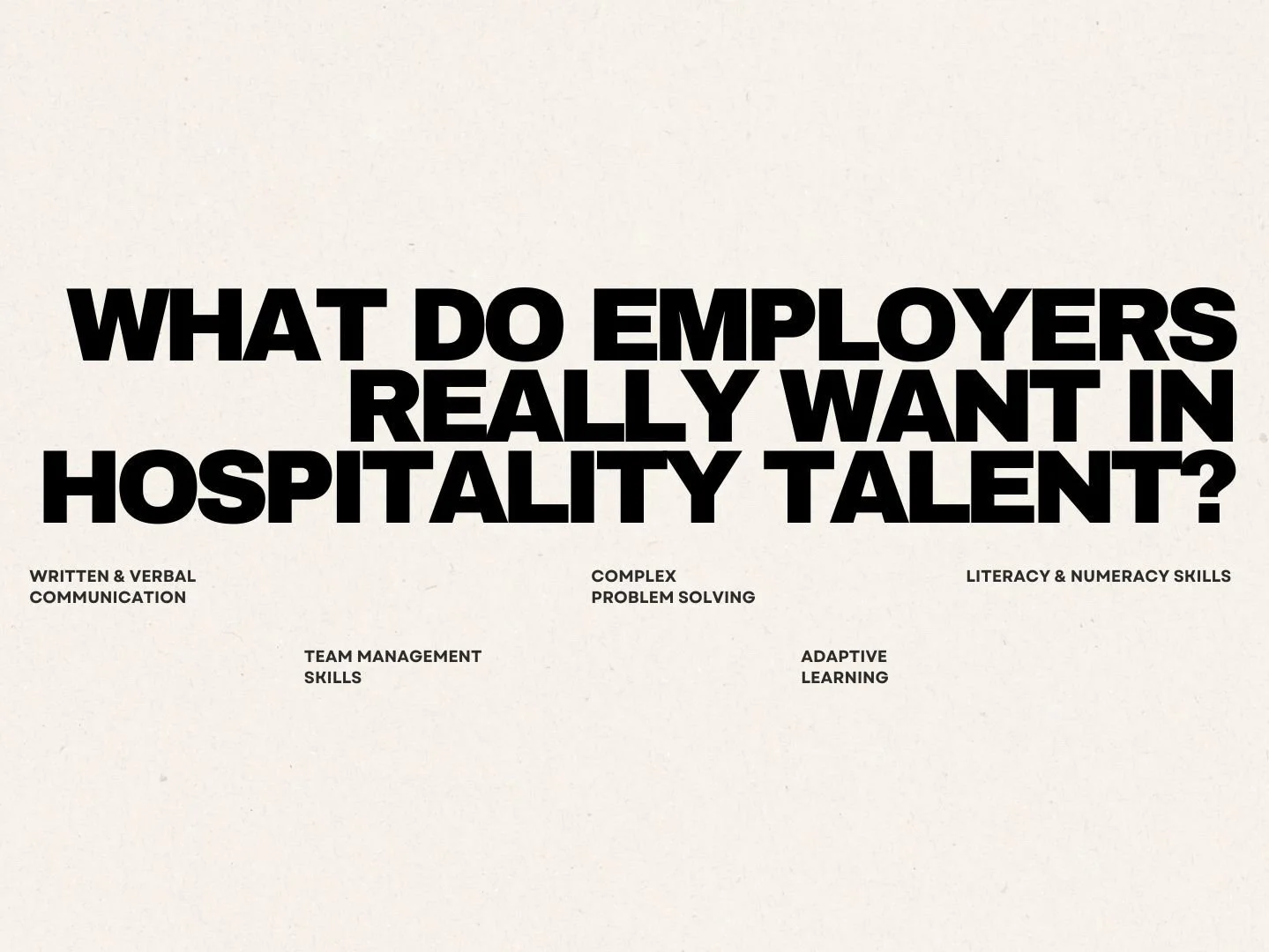

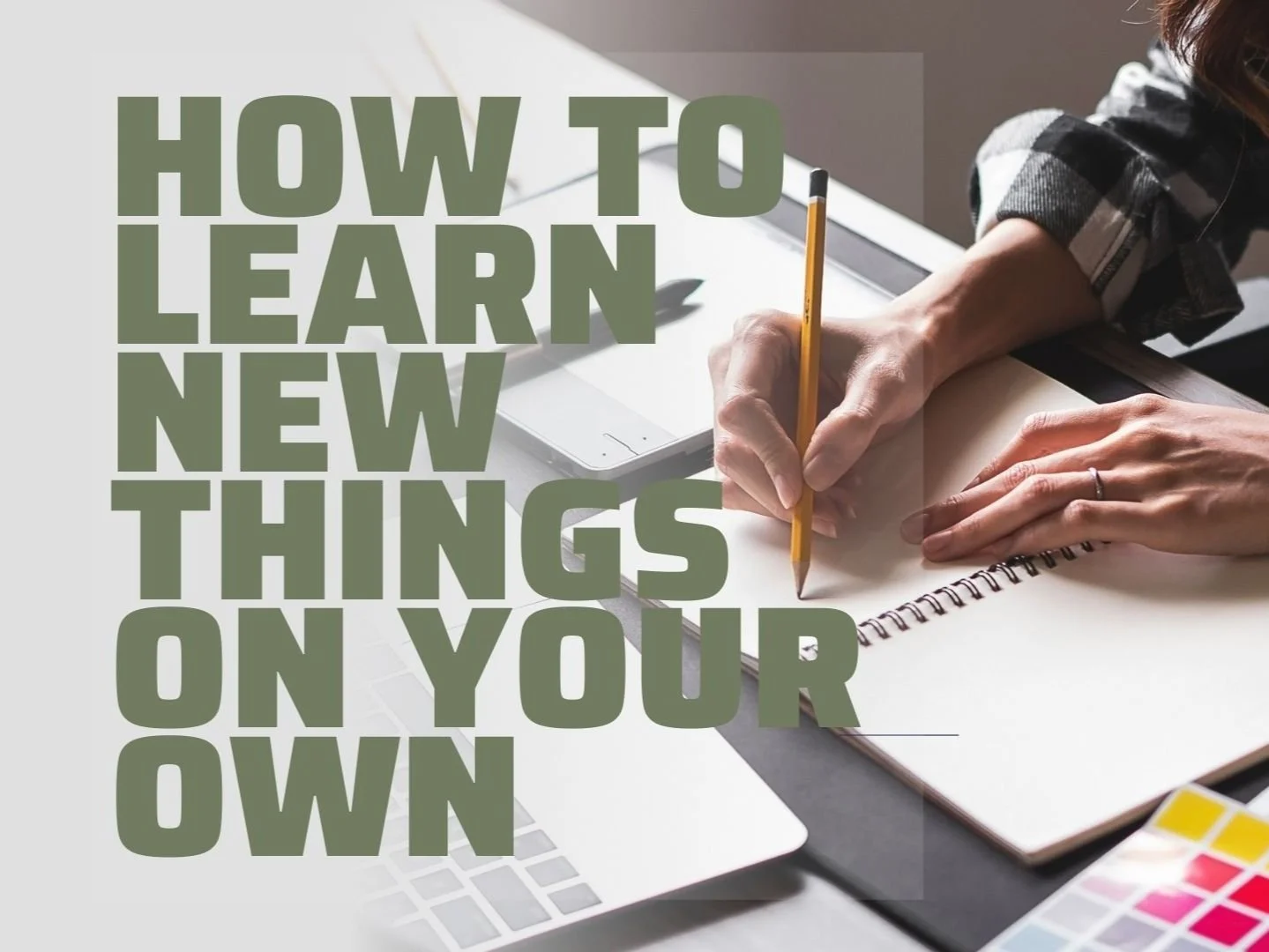
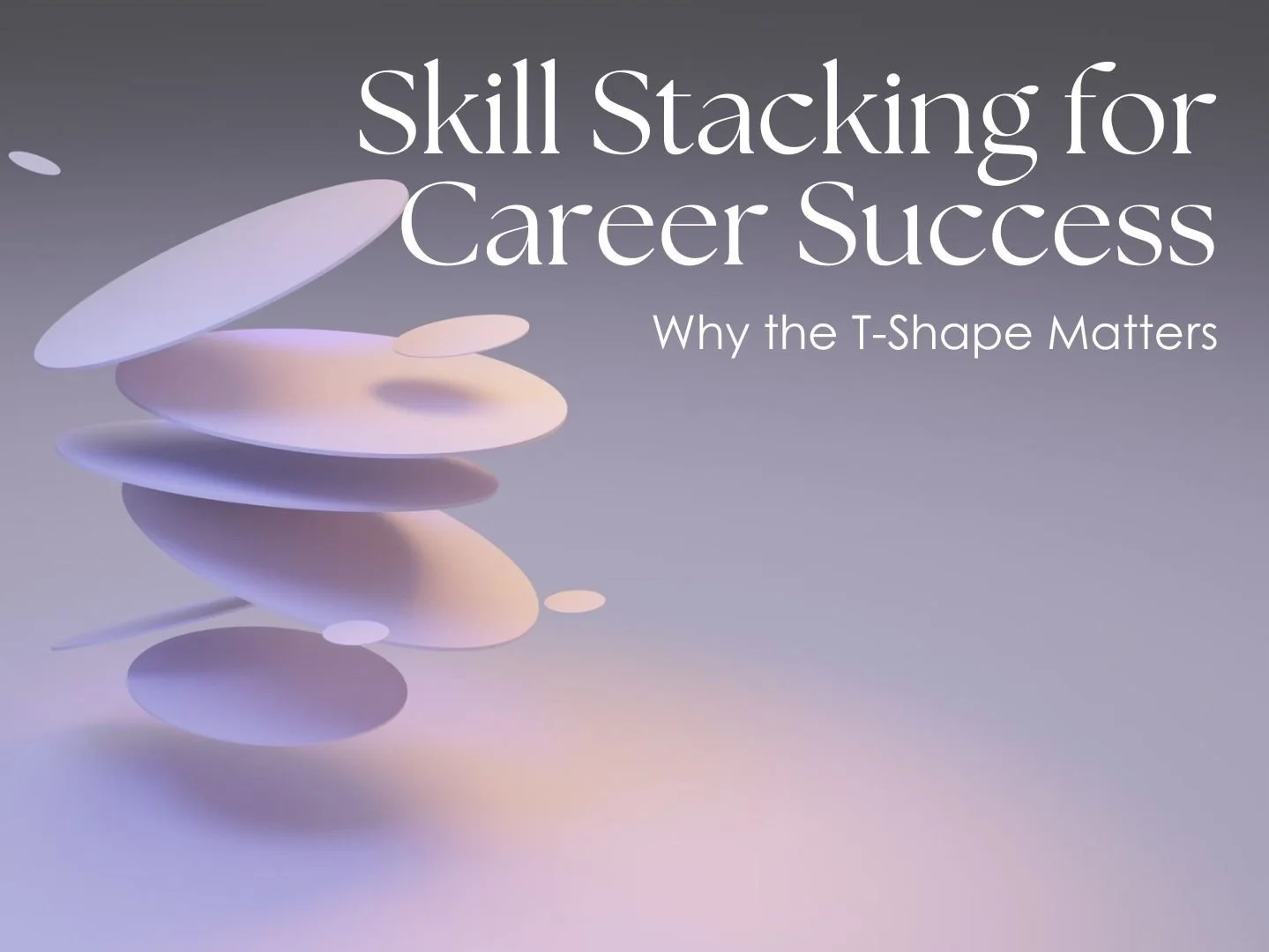



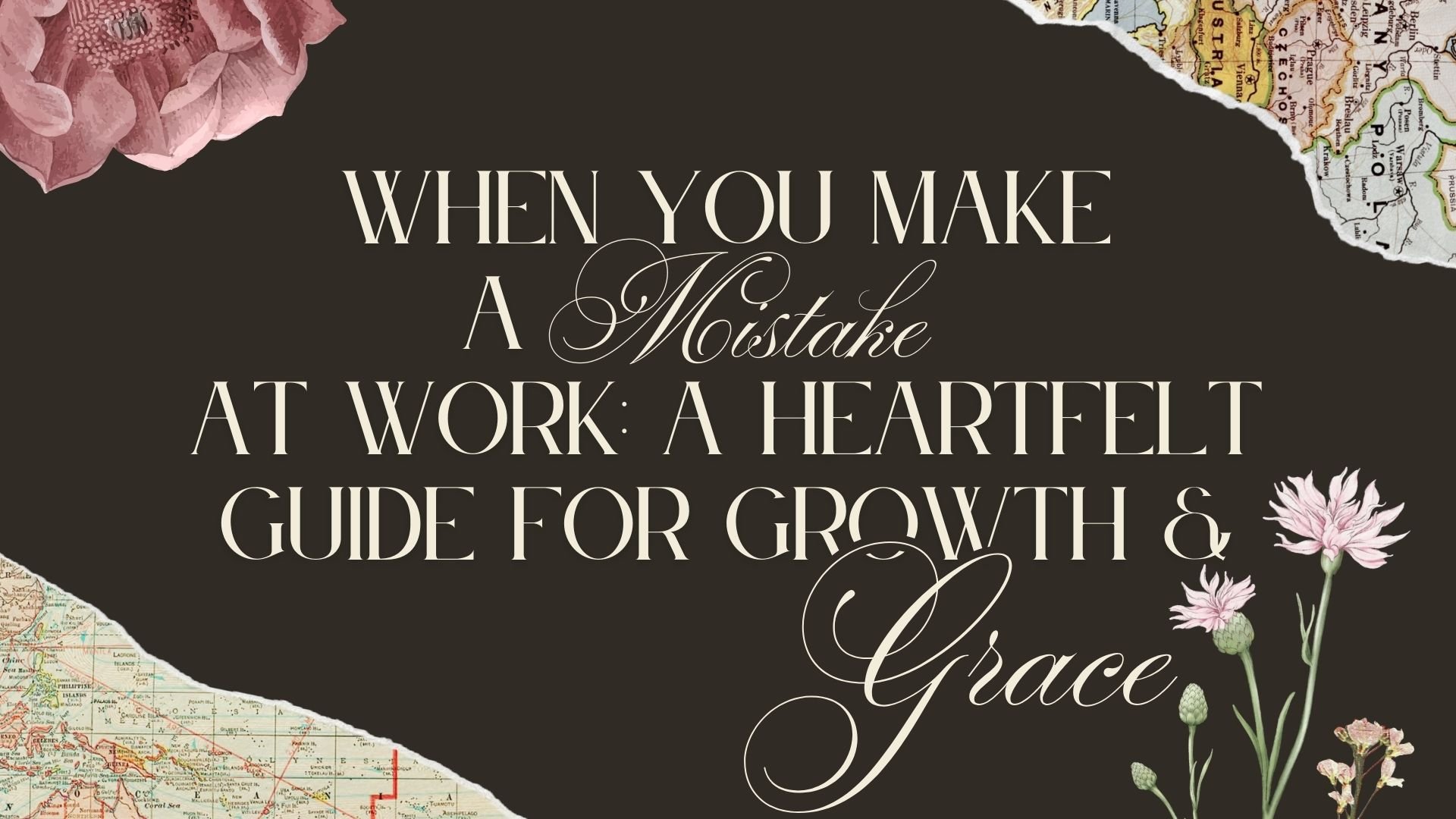



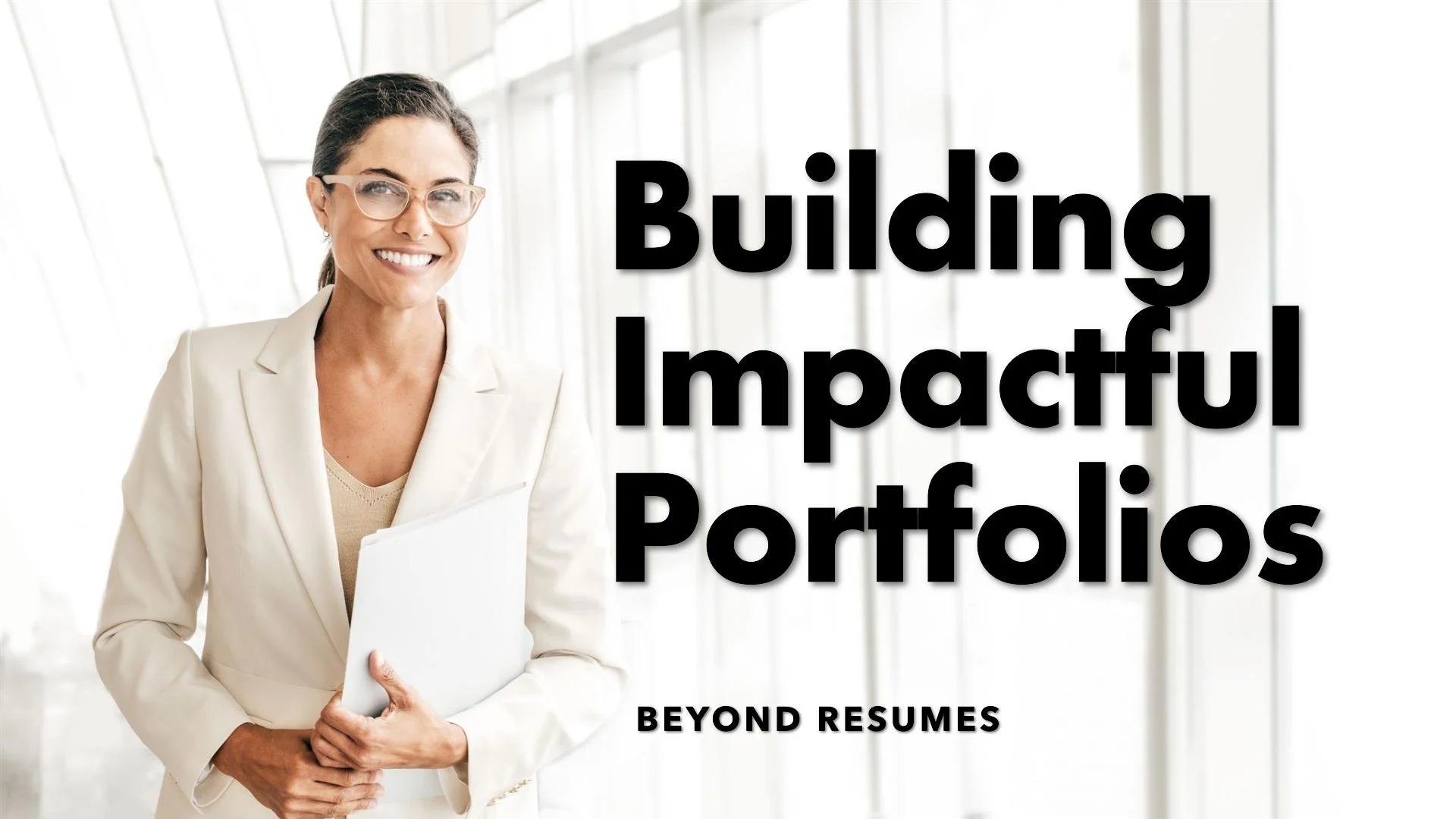





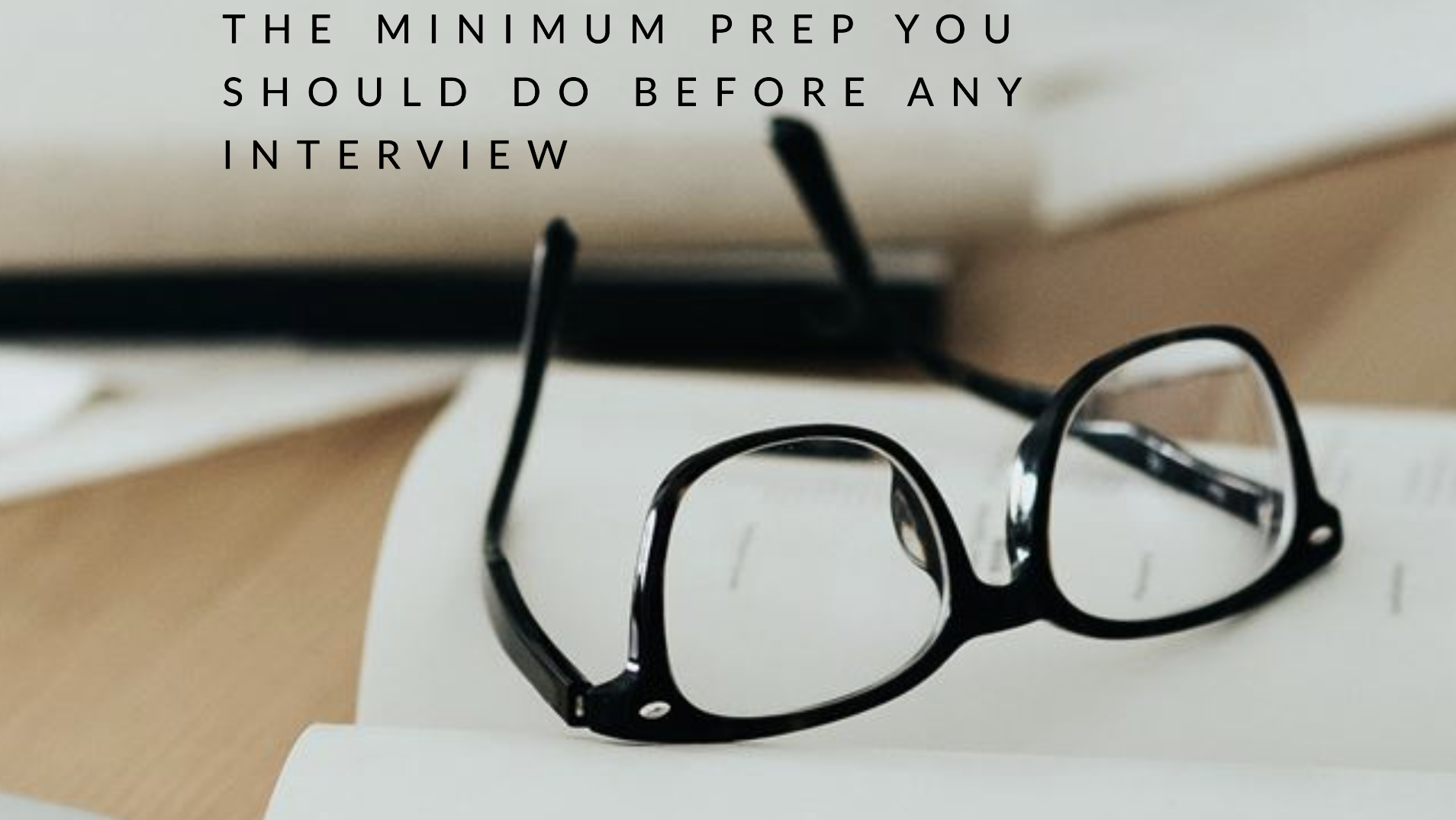
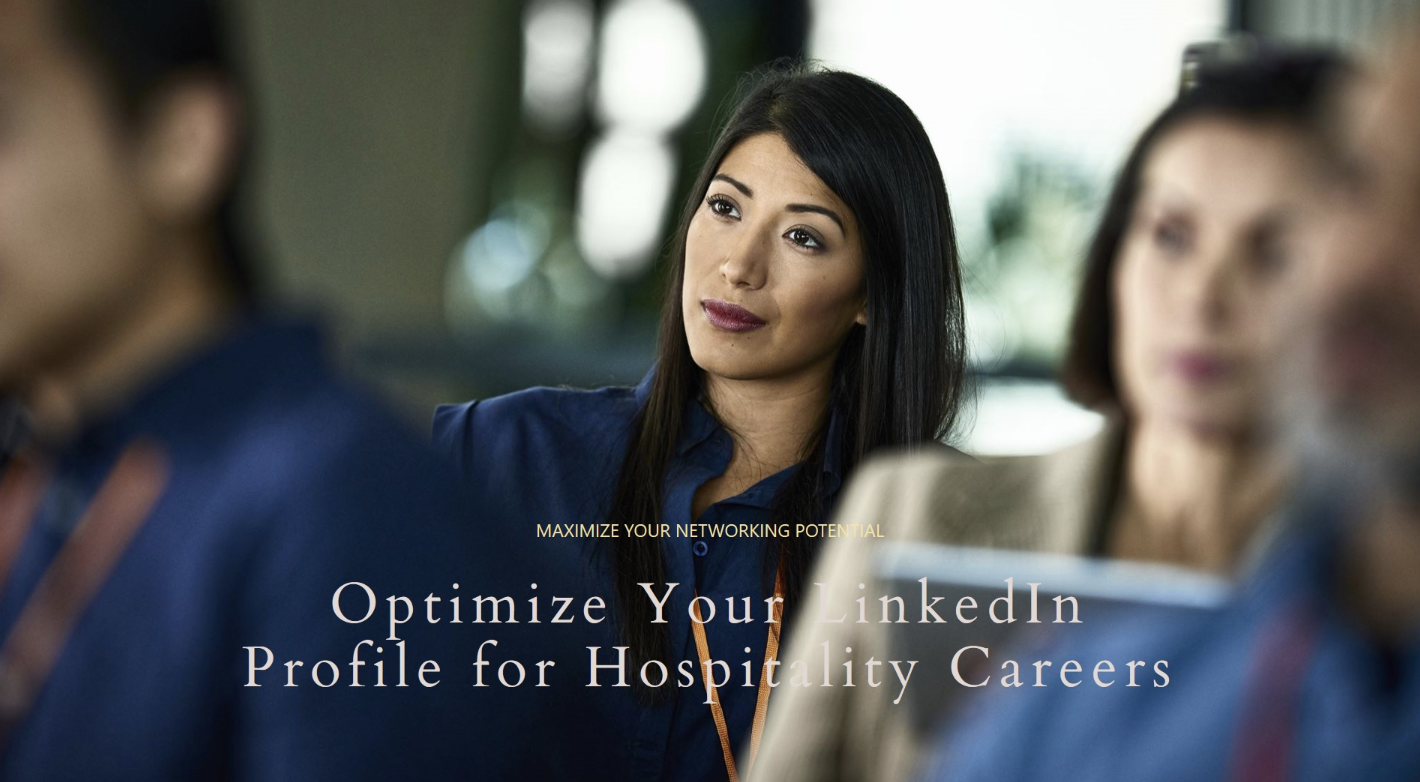

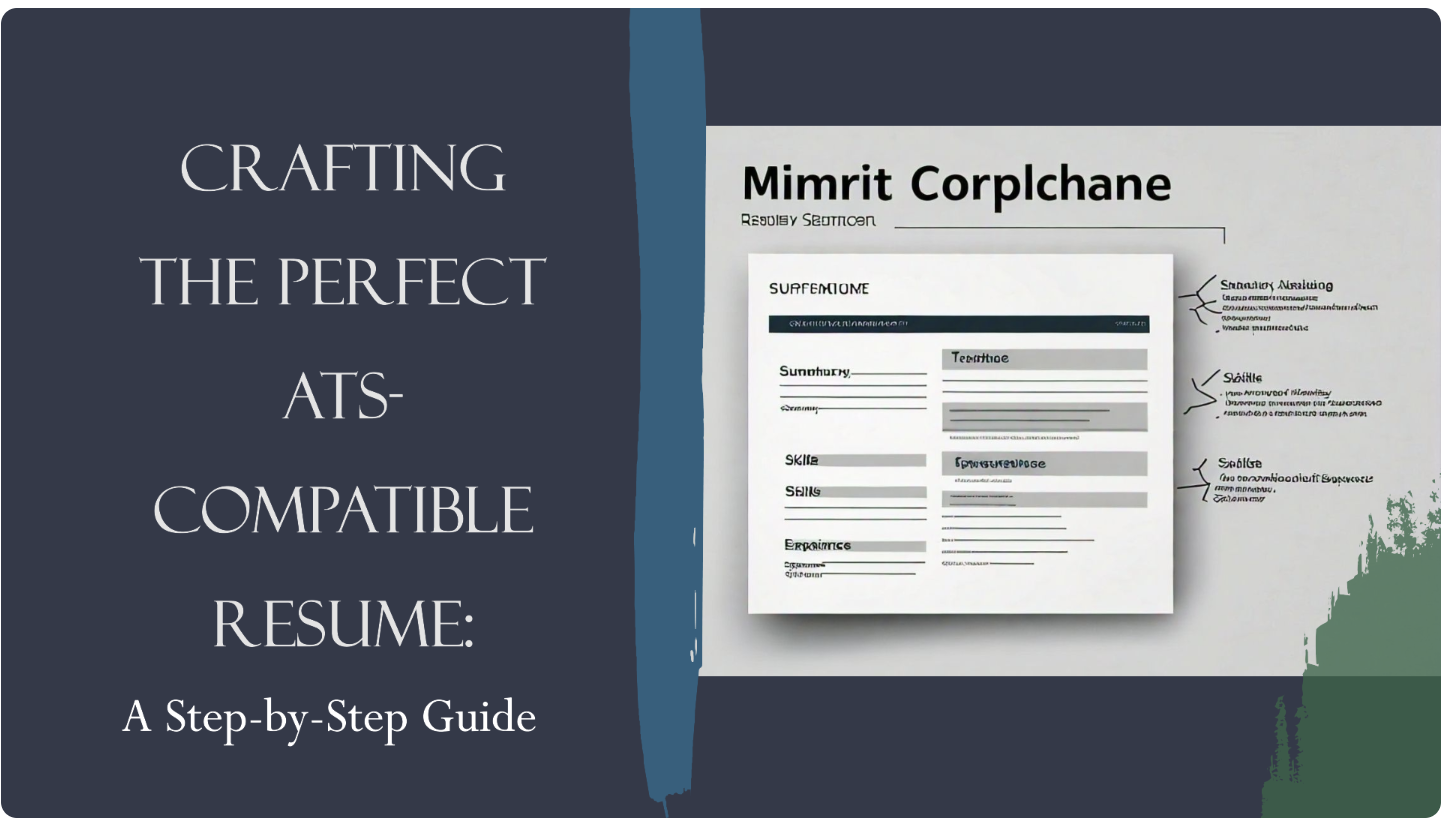






Discover the 4 most common learning styles in hospitality — Visual, Kinesthetic, Reflective, and Social — and why knowing yours can dramatically improve how you train, grow, and thrive at work.